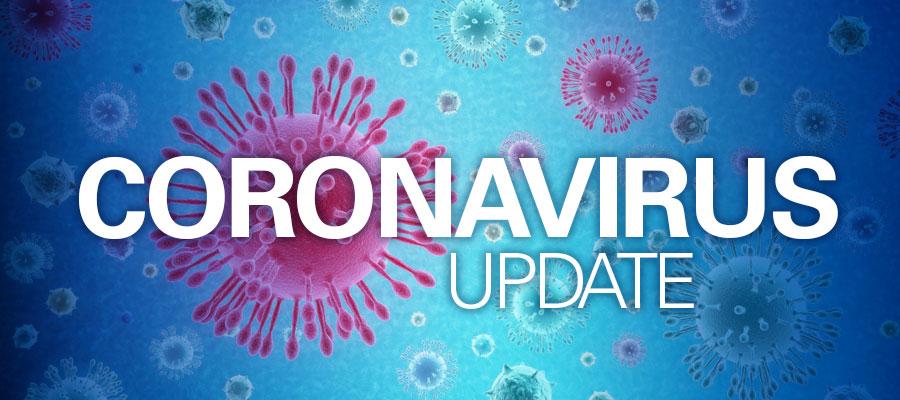Experts identify strategies to promote social distancing, masking

The National Academies of Sciences, Engineering, and Medicine’s Societal Experts Action Network, which responds to policy questions arising from the COVID-19 pandemic, yesterday released guidance on strategies to encourage protective behaviors such as wearing a mask, social distancing and hand washing.
Based on research from communications, social psychology and behavioral economics as well as lessons from successful public health campaigns, the authors say strategies such as making desired behaviors easy to start and rewarding to repeat and tying them to existing habits can make it more likely that protective behaviors will become habitual. The document also identifies communication strategies to encourage adoption of new behaviors.
Related News Articles
Headline
A study published April 8 by the Public Library of Science’s Journal of Global Public Health found that driving while infected with COVID-19 raises the risk of…
Headline
The Senate Finance Committee Feb. 4 voted 14-13 to advance Robert F. Kennedy Jr.’s nomination for secretary of the Department of Health and Human Services. A…
Headline
Respiratory illness activity remains high across the country, according to the latest data from the Centers for Disease Control and Prevention. Seasonal flu…
Headline
The Occupational Safety and Health Administration Jan. 13 announced that it terminated efforts to establish a final COVID-19 safety standard to protect workers…
Headline
The Department of Health and Human Services Dec. 10 amended the Public Readiness and Emergency Preparedness Act declaration for COVID-19, extending liability…
Headline
AHA's latest social media toolkit for encouraging vaccination against the flu and COVID-19 provides fall-themed social media posts and graphics. Download the…

